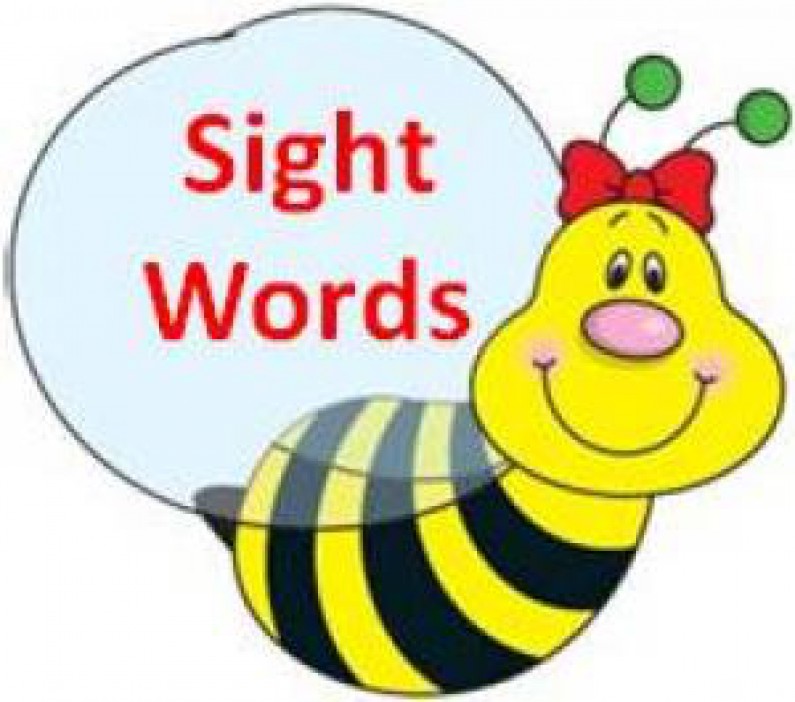How can you help your early-primary child to master the basics?

To become proficient with both English and maths, there has to be an underlying foundation of basics permanently embedded in your child’s memory. While there will always be a need for figuring things out on the spot, your child can’t escape the need to rote-learn certain words and basic number facts.
Words that need to be memorised are the 300 everyday words that feature on Dr Edward Fry’s list of ‘sight words’. Fry discovered that 300 words account for 75% of all words that students will encounter once they start reading. Learning these words can be challenging for many children, because they aren’t always spelled the way they sound. Trickier examples include: of, the, though, enough, thought, through, their, would, should and right.
Number facts that need to be memorised are addition/subtraction and multiplication tables. By the end of Year Two, children should have mastered their basic addition and subtraction facts up to 10 and 20, as well as their 1, 2, 5 and 10 multiplication facts. By the end of Year Four, most students should have an automatic recall of all the basic multiplication facts and be familiar with the basic division facts.
Making rote learning fun
There’s no escape from the need for rote learning, so it’s important to make the repetitive drills involved with memorising sight words and number facts as much fun as possible. It’s a case of practice, practice, practice. As one parent commented to us of her very bright children: “I just can’t believe how they forget so quickly”.
There are tools you can use at home to help your early learners gain their sight words and number facts. Flash cards and sing-along games can certainly help.
Another strategy is to enrol your child at NumberWorks’nWords. Within an individual programme of learning, a portion of each lesson will be spent on mastering the 300 basic sight words and number facts that are essential for junior students. Our English and maths programmes make the business of learning engaging and entertaining, and we know the confidence young students gain by knowing the basics fuels their urge to give more difficult concepts a go.
After-school tutoring is not just for kids who need to catch up; it’s also a way to cement crucial building blocks into place, so your child can excel at school.
Book a free assessment for your child. You’ll quickly find out whether afterschool tutoring is the right way to go.
[1]Dr. Fry has been a Professor of Education and Director of the Reading Center at Rutgers University and Loyola University in Los Angeles. He has written many textbooks for students and teachers and is widely known for the famous Instant Word list and his Readability Graph.
[2]http://everydaymath.uchicago.edu/parents/understanding-em/facts/



